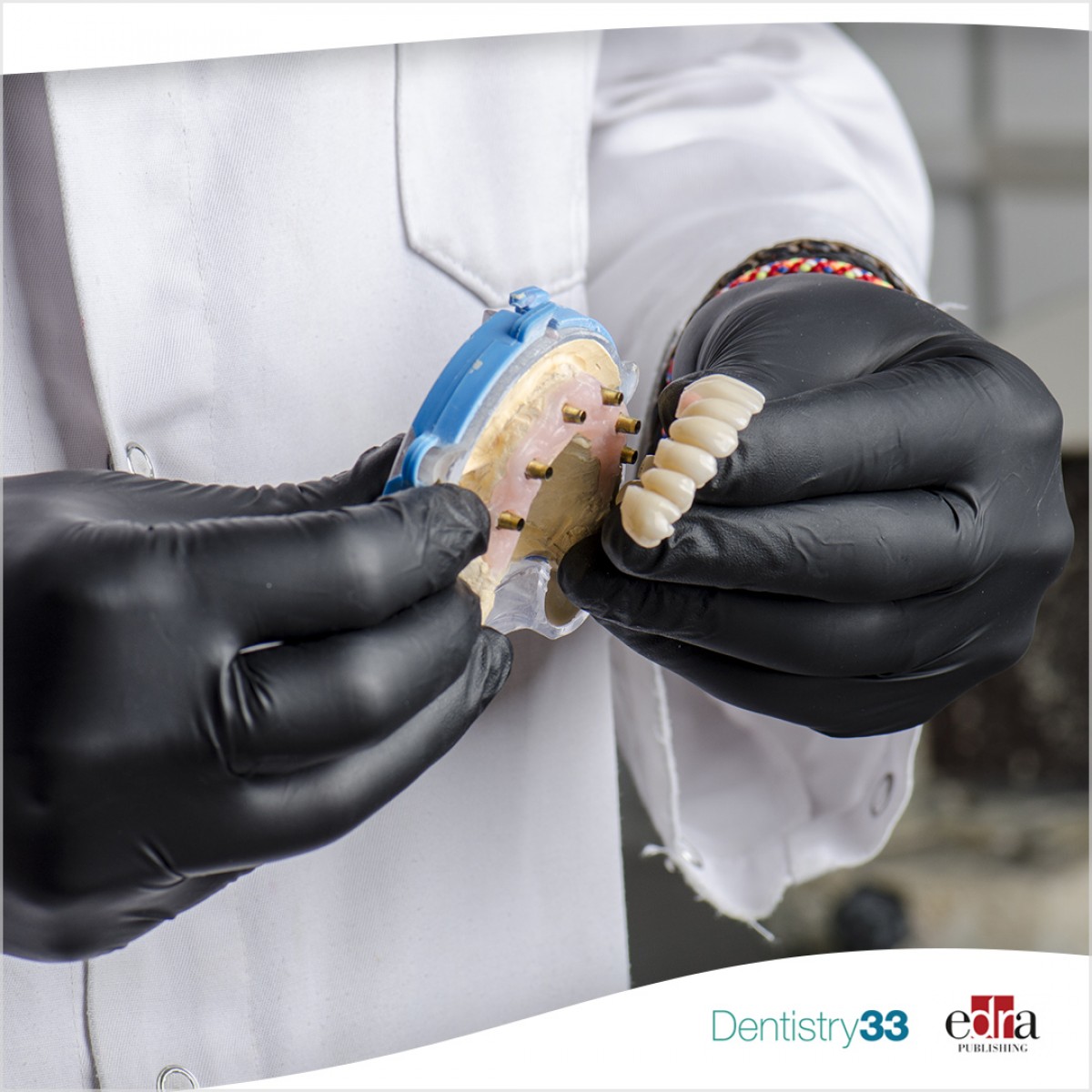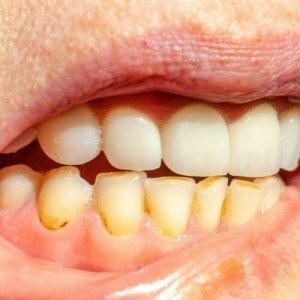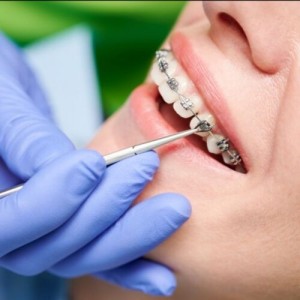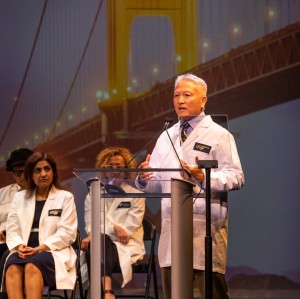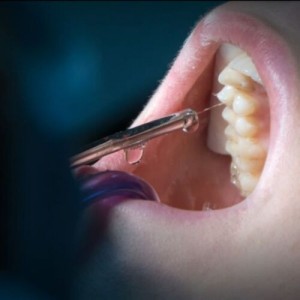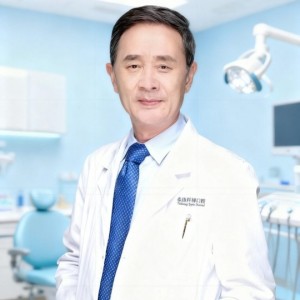
Maxillary full arch restorations: biological complications
Purpose
Patients receiving full arch implant borne maxillary prostheses require functional, esthetic and long-term success. The importance of this review is to document the difficulty with implant maintenance, the prevalence of peri-implant disease, and the improvement in biologic health when using a prosthesis that can be maintained to minimize plaque. The objective is to provide surgeons with a reference to optimize surgical procedures that can result in improved hygiene and long-term maintenance, as well as acceptable functional and esthetic goals.
Methods
Pubmed.gov was the information source. Years reviewed included 1990-2022. Inclusion criteria included only articles in journals referenced in pubmed.gov. The reports excluded were case reports, reports that only included implant survival, and articles without a statistical analysis to generate meaningful conclusions. Biological complications included bone loss, hygiene difficulty, mucositis and recession, the incidence of peri-implantitis, and how complications related to patient co-morbidities. Data collected included outcomes of the study including statistical significance.
Results
The search identified articles for review using terms which included full arch maxillary restorations (n = 736), long term success with full arch maxillary prostheses (n = 22), ceramic full arch restorations (n = 102), and complications with full arch restorations (n = 231). From this search, 53 articles were collated that satisfied the inclusion criteria.
Factors found to be significant contributors to biological complications included bone loss and peri-implant disease, difficulty with daily hygiene access, plaque and biofilm coverage and the need for continued maintenance for long term implant health.
Conclusion
The surgeon needs to place implants to allow a full arch maxillary prosthesis to be fabricated with full access to the implants for maintenance, which should decrease the incidence of biological complications. With excellent maintenance full arch implant restorations can have limited peri-implant disease.
Michael S. Block. "Maxillary Full Arch Restorations – Biological Complications: A Narrative Review Outlining Criteria for Long Term Success." Journal of Oral and Maxillofacial Surgery. 23 May 2023. DOI: https://doi.org/10.1016/j.joms.2023.05.008
 Related articles
Related articles
Oral Hygiene & Prevention 18 September 2025
Oral mucosal lesions and oral hygiene habits in the home‐living elderly
A large epidemiological health investigation, the Helsinki Ageing Study (HAS), was performed in 1989–1991 in Helsinki, Finland.
Oral Hygiene & Prevention 03 September 2025
Oral hygiene care for residents with dementia: a literature review
This paper presents a literature review of oral hygiene care for adults with dementia in residential aged care facilities
Oral Hygiene & Prevention 20 August 2025
Personal oral hygiene and dental caries: A systematic review of randomised controlled trials
To conduct a systematic review of randomised trials assessing the association between personal oral hygiene and dental caries in the absence of the confounding effects of fluoride.
The aim of our study was to qualitatively and quantitatively synthesize the evidence regarding ways to improve motivation of oral hygiene among orthodontic patients
Oral Hygiene & Prevention 04 August 2025
Self-Reported Oral Hygiene Habits and Oral Health Problems of Kuwaiti Adults
The aims of this study were to examine self-reported oral hygiene habits and oral health problems of a sample of adult Kuwaitis
 Read more
Read more
Editorials 10 October 2025
With proud smiles and crisp white coats, ninety-three learners from the DDS Class of 2029 and the International Dentist Pathway Class of 2028 marked the start of their dental careers at the UCSF...
Periodontology 10 October 2025
Continuous professional development (CPD) in Periodontology refers to the overall framework of opportunities that facilitate a life-long learning practice, driven by the learner-practitioner and...
TheraBreath, the #1 alcohol-free mouthwash brand in the U.S.*, has introduced a new line of dentist-formulated, clinically tested toothpastes designed to support professional oral care...
News 10 October 2025
New officers and trustees were installed at the Minnesota Dental Association’s Leadership Conference on September 19 in Minneapolis.
News 10 October 2025
Smartee Denti-Technology today announced that Professor Gang Shen, its Chief Scientist and Executive President of TaiKang ByBo Dental, has once again been named to the World’s Top 2% Scientists...


